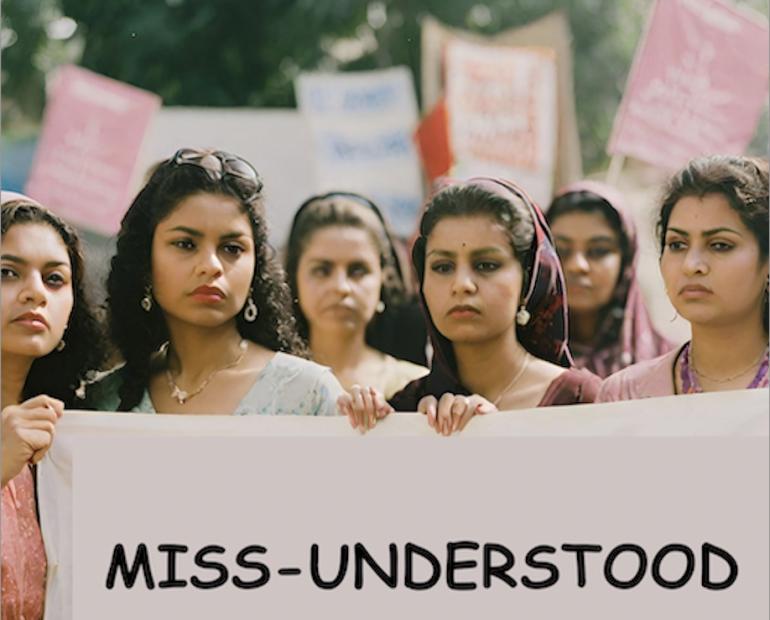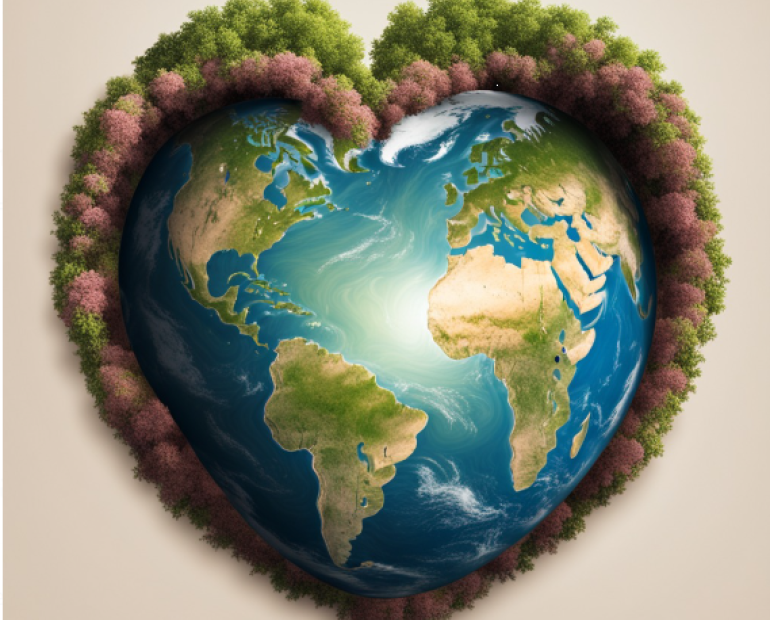
Gen Z— comprised of those ages seven to 22 in 2019— has been characterized as an emerging generation of changemakers, one that is more accepting of diversity and more active in the face of inequity. We are also the generation that grew up with the internet at our fingertips and the ones who now use social media as a platform to promote justice.
One movement that spread like wildfire on the Internet in 2014 was the hashtag #BringBackOurGirls calling for the rescue of 276 Nigerian girls kidnapped by the terrorist organization Boko Haram. Millions of people and even high profile figures like Michelle Obama posted pictures with the hashtag. It seemed like so much awareness was being raised for the issue that some solution was bound to appear. The problem must be too big to ignore, right? However, years later, 219 of the 276 girls are still missing.
It would be wrong of me to claim that the social media campaign did nothing; it brought protestors out onto the streets of Nigeria and raised awareness worldwide, but girls are still at risk of kidnapping, and the incident is still largely forgotten by the international community.
The reality of these viral campaigns is that they don’t really drive meaningful engagement with the cause at hand because they are short-lived, and new ones are constantly emerging.
I admit that social media activism does spread awareness on a global scale, and it has raised millions of dollars for charitable causes in the aftermaths of natural disasters and the like. However, we must be careful with our participation in this form of activism; participating in a small way—through spreading a hashtag, for example— may satisfy our motivations to take action but not result in an actual impact.
I have learned about a lot of undercovered social and political issues through social media, and I’m proud of the openness of my generation to talk about social and political topics previously regarded as too “uncomfortable” even if it’s just by writing a post online. I largely attribute the culture of discourse and activism I enjoy to the work social media has done to normalize civic engagement.
That’s why I actually don’t condemn social media activism; it’s one of the reasons I engaged in activism in the first place. We should simply reform it.
When we repost a hashtag or an awareness video, we should keep that same energy when it’s time for us to take action in any way that we can in real life. Thankfully, I’ve also seen a growing number of social media posts reminding us to take our activism to the real world to enact real change.
I hope that our activism online can shift from focusing on just spreading awareness to sharing ways we can help make a change in real life. Remember, social media is not the work— it is just a tool for the work.






